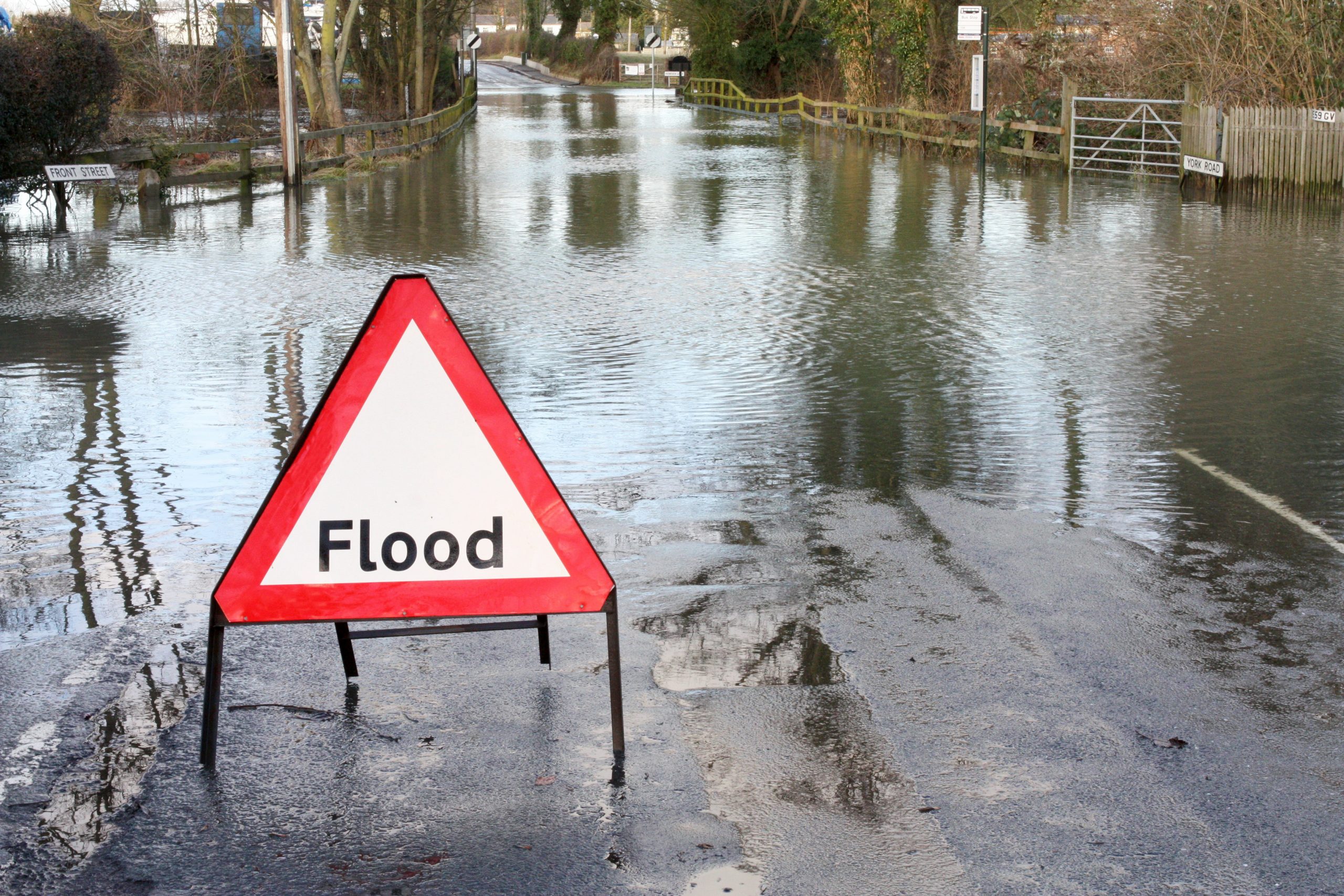Insurance
How to protect your home and car against floods

Guest Author:
Emma LunnWith wet weather causing flooding and damage across the UK, and more rain predicted this week, insurance experts have urged Brits to protect their homes and cars.
There are currently a combined 258 flood warnings and alerts in England and 76 in Wales, causing widespread disruption in parts of the UK.
Ceri McMillan, Go.Compare’s home insurance expert, said: “With over 300 flood alerts and warnings currently in place across the UK, it’s important to consider the safety of our homes and cars – and there are several ways you can prepare and protect yourself.
“Firstly, keep a list of important numbers you may need to call if you are affected by flooding, including emergency services, your local council, your GP, and your car and home insurance providers.
“Additionally, check your home insurance documents carefully to make sure your policy covers flood, wind and weather-related damage. You can’t assume that you will automatically be covered for a weather-related claim as individual insurers and their policies will vary as to whether storm damage is covered. For example, extreme weather is not deemed a general peril for contents insurance.”
Bad weather advice for drivers
If you’re setting out on a car journey, check for known flooding or obstacles on your route before you go, and only go ahead with your trip if it is safe to do so.

Wellness and wellbeing holidays: Travel insurance is essential for your peace of mind
Out of the pandemic lockdowns, there’s a greater emphasis on wellbeing and wellness, with
Sponsored by Post Office
If you encounter any flooding on the roads while driving, do not drive into it as you could get stuck.
Putting together an emergency flood kit is also a good idea. You should include a first aid kit, essential medicines, a battery-powered torch and radio, plus copies of your insurance documents, along with warm clothing, blankets, bottled water and snacks.
Protect your home and contents
If your home floods, you may need to shut off your electricity, water or gas supply, so make sure you know where your breakers and meters are located.
If you think your local area is at risk of flooding, think carefully about where your car is parked – avoid valleys and ditches if possible as these will be the first to flood. At home, think about where your valuables are stored, moving them to a safe place if necessary.
To reduce the risk of your home flooding, make sure all drains are maintained well – remove any leaves or debris and keep them clear. Clean gutters too, particularly in autumn and winter, when fallen leaves are more likely to cause blockages.
“If you do suffer flooding damage at home, make sure you record the time and date it occurred,” advised McMillan, “Having these details to hand, along with photos or a video of the damage, will help you if you need to make a claim. We always recommend you pass on all the relevant information to your insurer as soon as possible after the damage occurs.”